We aim to create accessible exhibits for more inclusive learning and opportunities for collaboration.
We have also created a set of physical exhibits. These exist in the form of cardboard panels or roll-up panels and can travel easily. Please contact us if you are interested in displaying them. It is free but for the cost of shipping.
Below, you will find a short description of the exhibits carrying each of its own unique traits and story. Click on the buttons below to enter each exhibit!
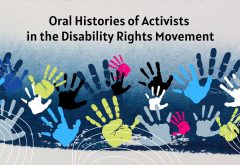 |
Oral Histories of Disability Rights ActivistsThis project documents the oral histories of disability rights activists in Canada from 1970 to 2020. In this exhibit, you can watch and listen to several oral histories of interviewed disability rights activists.
|
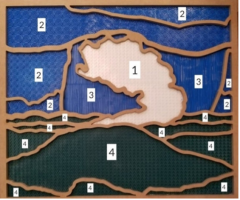 |
Access, Inclusion, and Disability: Connecting Scholars and PractitionersParticipatory research collaborates directly with the stakeholders that are affected by the issue under investigation and can lead to better research outputs and outcomes, including research uptake. This seminar will discuss the intersection of participatory research and disability, and the experiences of conducting such research with individuals with disabilities, including those with multi-sensory impairments. Under construction |
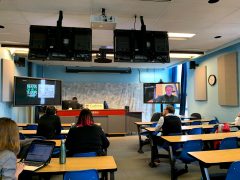 |
Disability Futurity: Interdisciplinary Anticipations of a Non-normative TomorrowDisability Futurity refers to the disability of the future and envisions a future marked by a very different concept of “disability”. This speaker series, organised in 2019-2020 by the Carleton University Disability Research Group (CUDRG) in collaboration with the Liverpool Hope University Centre for Culture & Disability Studies (CCDS), sought to re-imagine what disability will mean in the future.
|
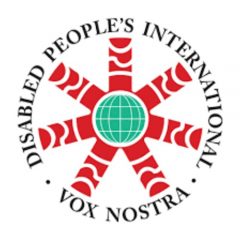 |
Transnational Representation: Canada and the Founding of Disabled People’s International, 1981Disabled Peoples’ International (DPI) is a worldwide non-profit organization that serves as the voice of disabled people, a focal point for self-representation, and an advocate for the human right of all people to live without physical or social barriers. This exhibit will explore how, in 1981, the Mennonite Central Committee of Canada (MCCC) became pivotal to the founding of DPI and to the rise of disability rights in Canada.
|
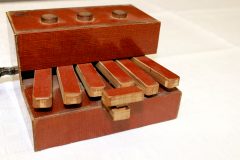 |
Envisioning Technologies: An Exhibit on the History of Disability & Technology in CanadaThe following story of James Swail provides one with the first-hand account of how far people will still go in life despite being diagnosed with a disability. James Swall is a significant example of learning how to overcome physical and sociological barriers and still achieve his goals with the utmost success. |
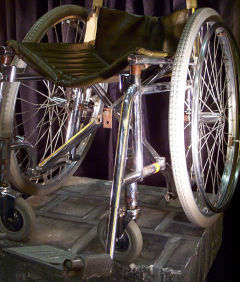 |
A Wheelchair History of DisabilityIn order to understand the history of disability, one must look at the evolution of the wheelchair and its significance for disability stories. There are two paths in this exhibit that both take us to questions about how technology and societal attitudes interact to give or take away access.
|